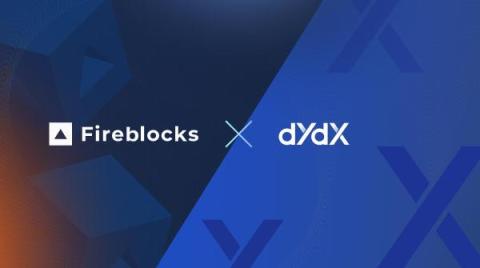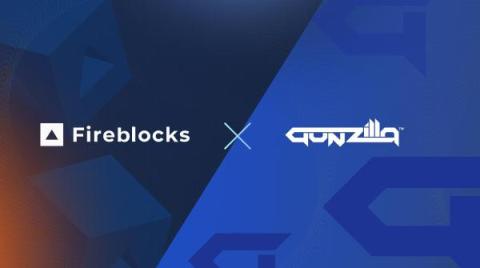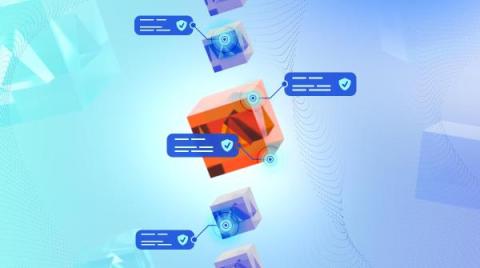Fireblocks Now Supports dYdX
dYdX is a leading decentralized finance protocol that focuses on perpetual derivatives trading. dYdX focuses on investment tools like perpetual futures (a type of derivative that allows traders to speculate on the price of a crypto asset without owning it). The dYdX Chain distributes 100% of protocol fees to DYDX Stakers for bolstering the dYdX Chain’s security. Fireblocks offers secure and efficient access to dYdX’s decentralized exchange features.











